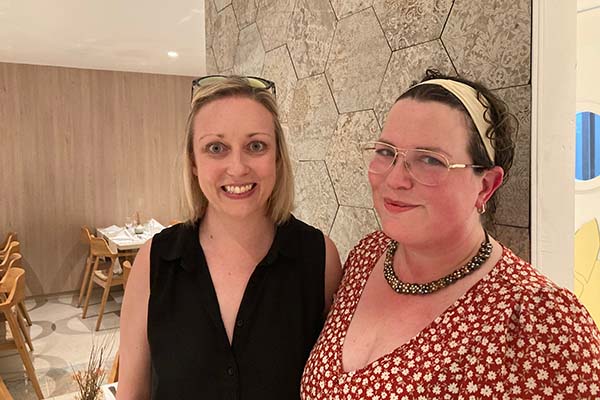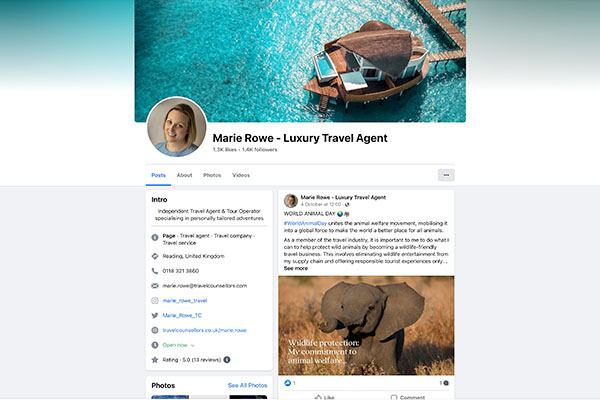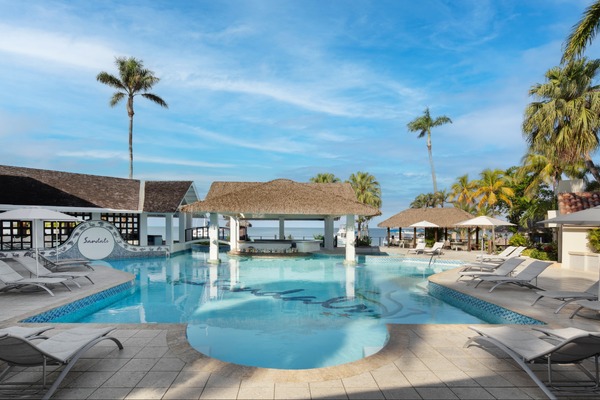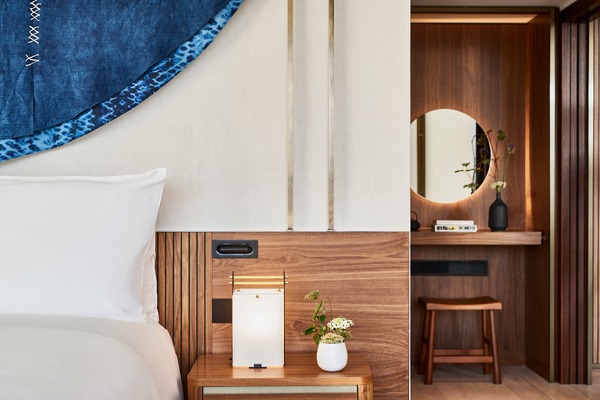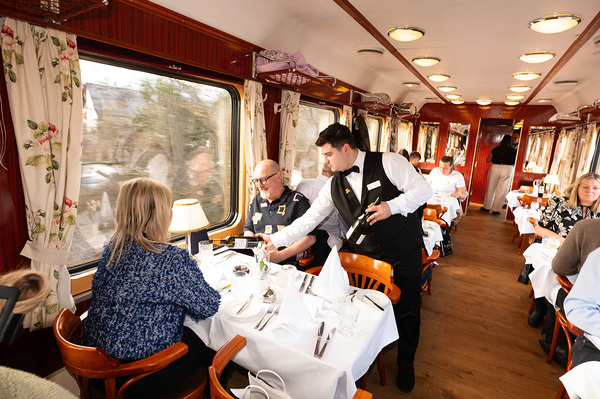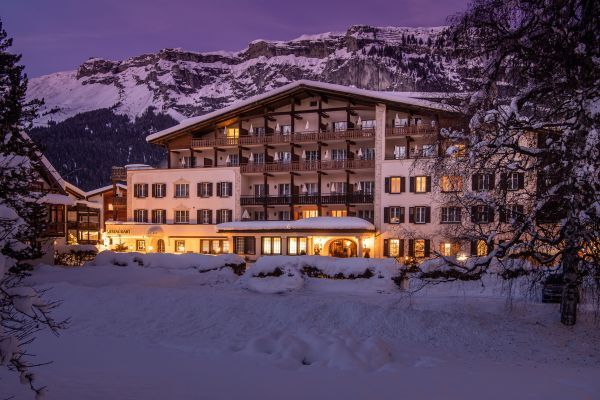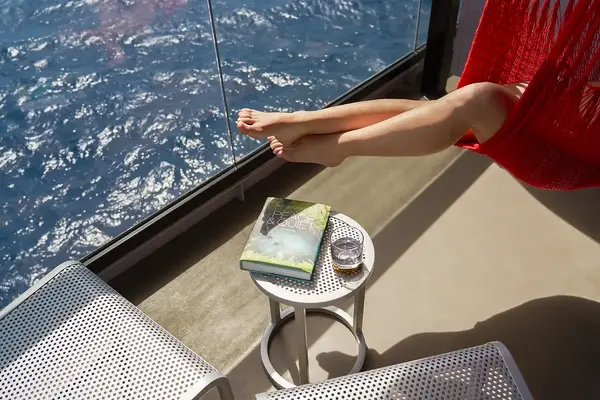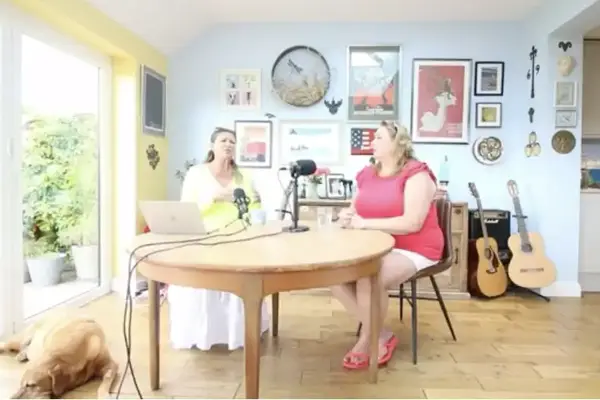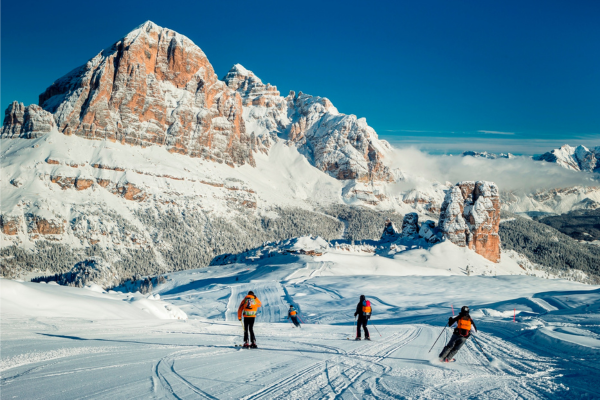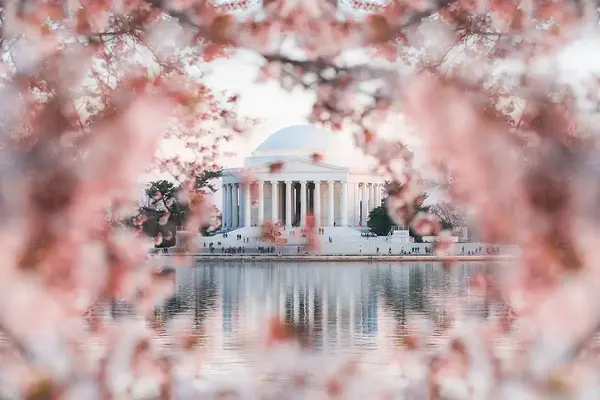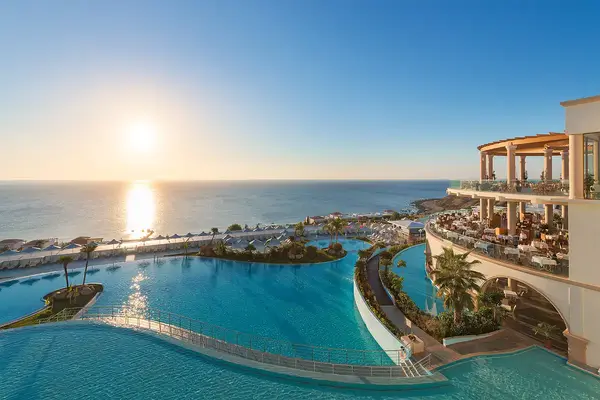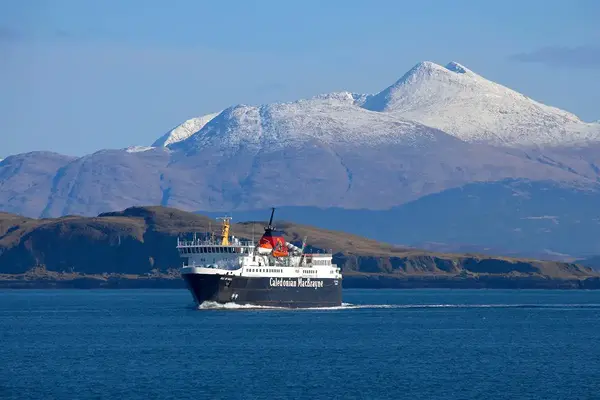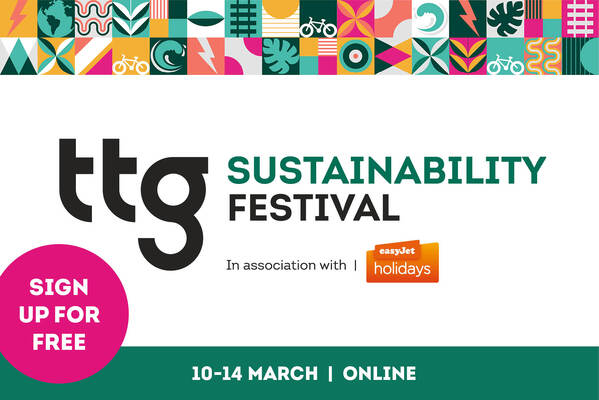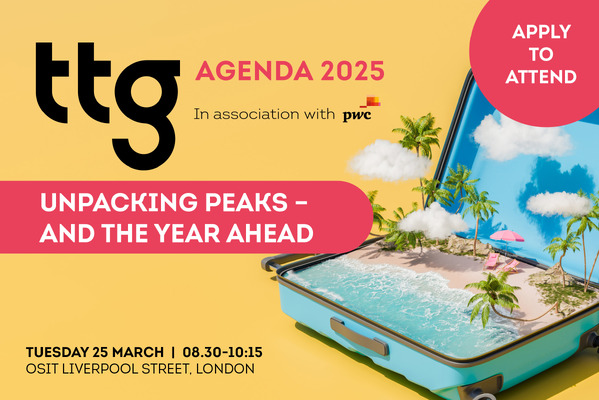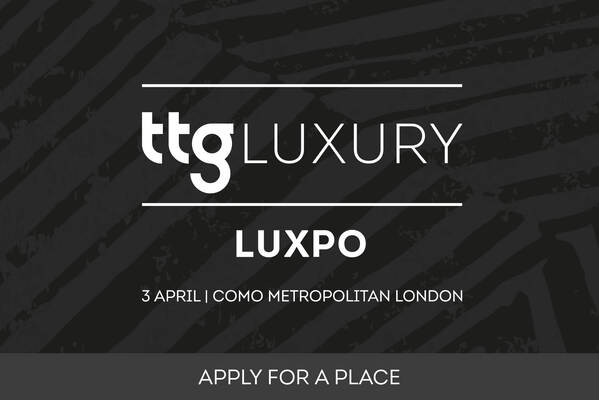How to sell sustainable travel as a luxury specialist
Two luxury agents reveal how TTG’s Sustainable Travel Ambassadors programme has helped them promote and sell more responsible holidays.
Sustainable travel may be one of the most talked-about subjects in the industry, but how do you go about selling it? That’s been the focus of this year’s TTG Sustainable Travel Heroes initiative, where six industry partners have supported 20 agents on an in-depth Sustainable Travel Ambassadors programme. They’ve covered everything from how travel can make a positive impact to supporting biodiversity, cutting carbon and boosting local communities.
Among the Ambassadors were Travel Counsellor Marie Rowe and Not Just Travel’s Annika Nickson, who both sell an array of luxury products. When promoting responsible travel to high-end clients, Nickson often doesn’t use the term “sustainable travel” during conversations.
“Focus on the exclusiveness of things, and the experiential elements of being able to travel in a responsible way,” she suggests. “For example, with destinations that are incredibly crowded, as a responsible travel agent you might want to encourage clients to visit somewhere else. Instead of focusing on the fact that it’s better for local communities to go elsewhere, talk about how they’ll have this exclusive experience nobody else is going to have, and they’ll have it all to themselves. That really appeals to people.”
Nickson frequently uses this approach when switch-selling clients to more sustainable options. On a recent honeymoon enquiry around the US, the clients assumed they’d need to fly between cities, but Nickson explained how travelling by rail would enable them to see the countryside and be a more relaxing experience. In these instances, having a lower carbon footprint is often something that she just “tags on the end” during discussions.
Rowe and Nickson saw just how sustainability and luxury can be united when they joined two fam trips led by the Sustainable Travel Heroes, including learning about Iberostar Hotels & Resorts’ Wave of Change responsible tourism movement on a fam to Majorca. They saw how the brand is boosting greenery across its properties, serves fresh, responsibly sourced seafood and has water filtration machines throughout hotels to banish single-use plastic bottles. Rowe explains: “All these tiny little things just elevate the experience. I can convince people that you’re not compromising on luxury when you’re having a more sustainable experience.”
Learn from experience
For luxury specialists starting their sustainability journey, Rowe encourages them to talk to other agents who are already actively promoting responsible travel. She explains: “What books do they read, what programmes have they watched? Those agents will be able to give you case studies to look at and share details of hotels that publish videos and blogs about the good things they’re doing. And the more you see good in action, the more you can identify it when you see it, and also identify greenwashing.”
Rowe frequently shares responsible travel tips and updates on her own sustainable travel journey on her marketing channels, which frequently get more interaction than beautiful pictures of sunny beaches. She explains: “If I post a picture of me holding a [sustainability training] certificate, it gets loads of interaction. Shout about any responsible travel course you do, as clients like to see that you’re developing your knowledge. My clients know I’m not going to book them something that isn’t good for the planet.”
Nickson is also vocal about her sustainability training and credentials, and does a “sustainability Sunday” Facebook post each week, often focused on the efforts of suppliers she works with. She believes promoting your expertise can have a significant impact on business, noting: “Other agents often say their clients don’t ask about responsible travel. But that’s partly because travellers who are already conscious about sustainable travel will actively go out and look for agents that are promoting themselves as experts in that field.”
5 ways to sell travel sustainably
- Animal friendly
Having an animal welfare policy helps you outline what animal-based experiences you will and won’t sell, and explains your stance. - Free advice
Get more advice on selling sustainable travel, and access all the free toolkits from all the TTG Sustainable Travel Heroes on the TTG Sustainable Travel Heroes hub - Curated content
Many suppliers provide text, videos and images about initiatives you can repurpose and share on your own platforms. - Shout out!
In your marketing and social media content, shout about what you’re doing behind the scenes to make your business more sustainable. Celebrate all your successes! - Make an impact
Show how clients can have a positive impact. After a booking, Nickson donates at least £5pp to rewilding schemes via NJT’s environmental partner Mossy Earth.

